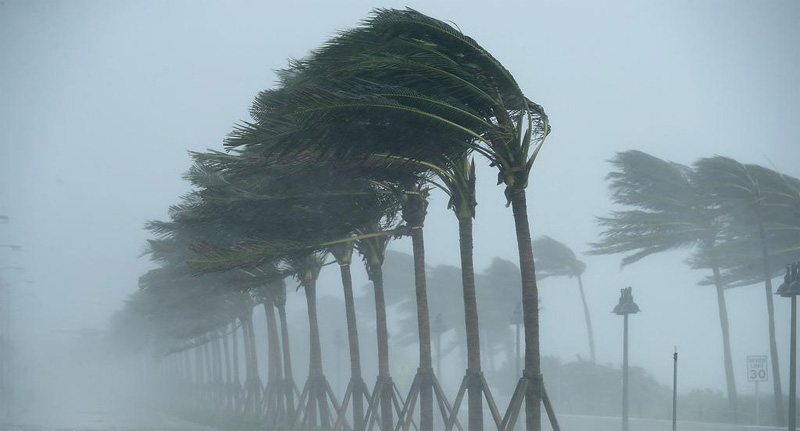NEW DELHI, June 24:
Extreme weather events such as wildfires and droughts will accelerate changes in ecosystems already stressed from factors such as unsustainable land use, agricultural expansion and climate change, leading to their quicker collapse, researchers have found.
In some systems, the added pressure of new extreme events on top of ongoing stresses brought the tipping points, beyond which collapse was inevitable, closer to the present by as much as 80 per cent, the researchers found.
The team of researchers, including those from the University of Sheffield, UK, looked at four threatened ecosystems, two lake and two forestry, to work out the factors that might lead to tipping points of collapse using computer modelling.
One of these ecosystems included the historic collapse of the Easter Island (Rapa Nui) civilisation, widely thought to have been the result of over-population combined with unsustainable exploitation of tree cover.
Running the computer models over 70,000 times for each ecosystem, up to 15 per cent of collapses were found to occur from new stresses or extreme events, even as the main stress was kept constant.
This finding suggests that despite sustainable management of these ecosystems by keeping main stress like deforestation levels constant, new stresses like global warming and extreme weather events, which have increased since 1980 and will continue to do so even at 1.5 degress Celsius warming, could sill bring forward a collapse.
“All four of the ecological systems we looked at showed the same overall outcomes,” said Gregory Cooper from the University of Sheffield’s Institute for Sustainable Food and co-author of the study published in Nature Sustainability.
“This has potentially profound implications for our perception of future ecological risks.
“While it is not currently possible to predict how climate-induced tipping points and the effects of local human actions on ecosystems will connect, our findings show the potential for each to reinforce the other.
“Any increasing pressure on ecosystems will be exceedingly detrimental and could have dangerous consequences,” said Cooper.
Scientists are also concerned about possible knock-on effects as one collapsing ecosystem impacts neighbouring ecosystems.
“Over a fifth of ecosystems worldwide are in danger of collapsing,” said Simon Willcock from Rothamsted and Bangor University, UK, who co-led the study.
“However, ongoing stresses and extreme events interact to accelerate rapid changes that may well be out of our control. Once these reach a tipping point, it’s too late,” said Willcock.
“In the past two years, the world has come together around the climate and ecological crises through the UN Climate Change and Biodiversity Conferences. But we should remember that the causes of the crises are interlinked – that they have already collided – and that inaction over both may result in dire consequences,” added Willcock. (PTI)


